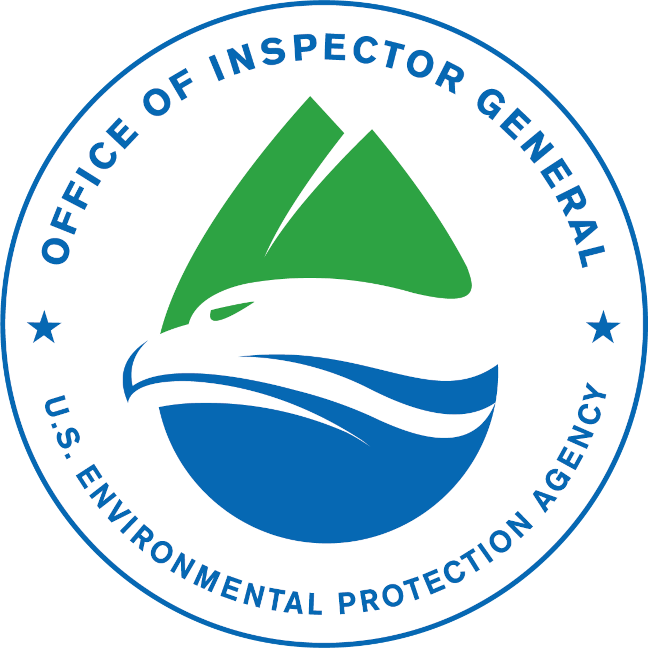For Immediate Release / October 22, 2024 / Contact: OIG.PublicAffairs@epa.gov
WASHINGTON – The U.S. Environmental Protection Agency Office of Inspector General today issued a report identifying nearly $1 billion in questioned costs and funds that could be put to better use in the EPA’s distribution of Infrastructure Investment and Jobs Act funding for lead service line replacement across the country.
Due to a lack of internal controls that the EPA OIG initially flagged to the Agency in a May 2024 management alert, the EPA used inaccurate and unverified data from Texas and Florida for its fiscal year 2023 allocations, resulting in nearly $344 million in questionable allotments. After the EPA OIG raised these concerns, the EPA revised its fiscal year 2024 allocation for Texas. However, the EPA continued to use unverified data to determine Florida’s fiscal year 2024 allocation, resulting in more than $200 million in additional questionable costs. With Florida receiving the largest lead service line allotment in fiscal year 2023 and the second largest in fiscal year 2024, continuing this flawed allocation method could result in over $400 million of future funds that could be put to better use in states whose lead service line replacement needs are greater.
Despite the issues identified in the report, and the resulting questionable costs, the EPA has rejected the EPA OIG’s recommendations, and the matter remains unresolved.
“Every lead service line dollar misallocated is a dollar taken away from states that rely on federal funding to assist communities at risk of lead-contaminated drinking water,” said EPA Inspector General Sean W. O’Donnell. “We have warned the EPA repeatedly about the real and significant consequences of using unreliable data. The Agency needs to fix these systemic flaws before more taxpayer dollars are misdirected.”
The EPA OIG is the premier oversight agency in the environmental space, entrusted by Congress to oversee the EPA’s implementation of more than $60 billion in IIJA funding. In the last three years, the EPA OIG has conducted thousands of fraud awareness briefings to tens of thousands of people to raise awareness of potential indicators of fraud, waste, or abuse. The EPA OIG has also issued 25 IIJA-related reports, identifying areas of potential improvement in IIJA programs or recommending courses of action. Thus far, the EPA OIG’s work has revealed roughly $1.052 billion in IIJA funds that could have been put to better use.
# # #
About the EPA OIG
The OIG is an independent office within the EPA that performs audits, evaluations, and investigations of the EPA and the U.S. Chemical Safety and Hazard Investigation Board. For more information, visit our website and follow the OIG on X, LinkedIn, and Instagram. Anyone with knowledge of potential waste, fraud, and abuse relating to EPA operations and programs is encouraged to report it to the OIG Hotline at (888) 546-8740 or OIG.Hotline@epa.gov.

